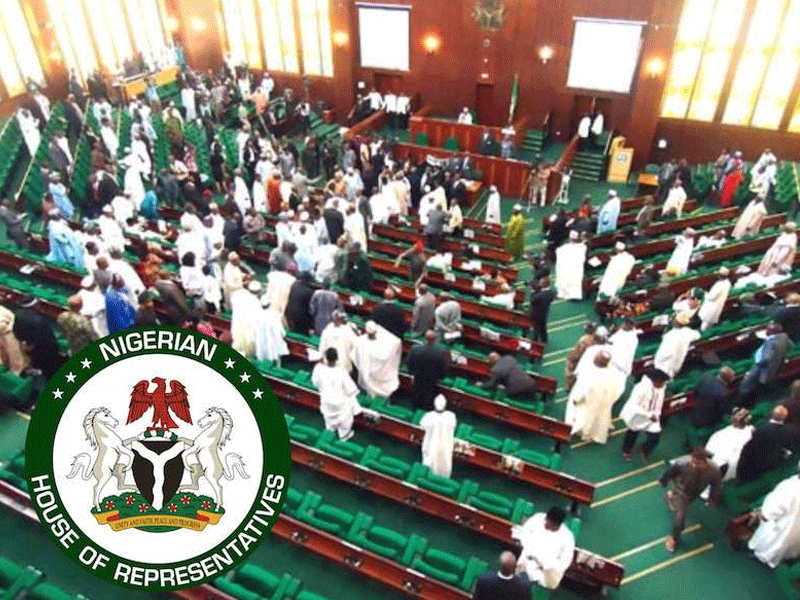As part of agglomerative efforts to relieve Nigerians of the quagmire-tic economic reality on us, members of the house of representatives has pitched its tents in support of a reversal to old prices of both petrol and cooking gas.
The resolution was passed by the legislative chamber during plenary session on Wednesday, backing the adoption of a motion co-sponsored by Kingsley Chinda – minority leader; Aliyu Madaki – deputy minority leader and 109 other lawmakers.
Recall that on 9th October, 2024, the Nigerian National Petroleum Company – NNPC Limited, increased the price of petrol across its retail outlets nationwide, giving a thumbs-up to further increment across boards.
Madaki stirs the conversation, deducing that; in recent months, the prices of petrol and cooking gas have “skyrocketed and continue to do so”, creating an “unsustainable financial burden” on ordinary Nigerians.
He established that the removal of fuel subsidy, coupled with global oil price volatility and the depreciation of the naira have contributed significantly to the rising cost of petrol and cooking gas for many households.
The lawmaker noted that the escalating petrol and gas prices are impacting the cost of transportation, food, essential goods, healthcare and further “pushing many families into deeper financial hardship”.
“Businesses, particularly small and medium-sized enterprises (SMEs), are struggling to manage their operational costs due to increased fuel prices, threatening economic stability and job security,” Madaki added.
Sometimes back, it appears like the hopes were been renewed as the federal government actioned the repairs of our domestic refineries to champion boosts of local refining capacity, to address the petrol crisis, but alas! It has not delivered any significant results.
Madaki said unless urgent steps are taken to control the rising cost of petrol and cooking gas, the nation “may go into an economic crisis leading to negative outcomes like increased crime and mortality rates”.
Between The Green and Red Chambers, Whose Debate?
Katsina’s Sada Soli opposed the motion, arguing that it is not relevant as a joint ad-hoc committee of the house and senate is already investigating the issue.
George Ozodinobi from Anambra said that the recent petrol price hike has significantly undermined the impact of the newly approved N70,000 minimum wage.
“Our people cannot transport their farm produce to the market and that’s because of the petrol price hike,” he submitted.
”There is an increase in the prices of food, we must pressure the government. We also need to review our OPEC policy. We don’t have to be in OPEC, because that is the only way we can address this issue.”
Olumide Osoba from Ogun proposed that the motion should be referred to the joint ad hoc committee of the house and senate.
Following extensive debate, the motion was adopted when it was put to a voice vote by Tajudeen Abbas, the presiding officer.
Consequently, the house asked the federal government to “take immediate steps to stabilise petrol and cooking gas prices through targeted interventions such as temporary price relief measures, tax reductions, or subsidies on LPG for low-income households”.
The green chamber also urged the NNPCL, ministry of petroleum resources and other relevant agencies to expedite the repair and maintenance of domestic refineries.
The house urged the NNPCL to boost local refining capacity as a stop-gap measure to reduce the dependence on imported refined petroleum products.
The Central Bank of Nigeria (CBN), was directed to implement monetary policies that will mitigate the adverse effects of fuel price hikes on inflation, particularly on essential goods, the lower legislative chamber added.



